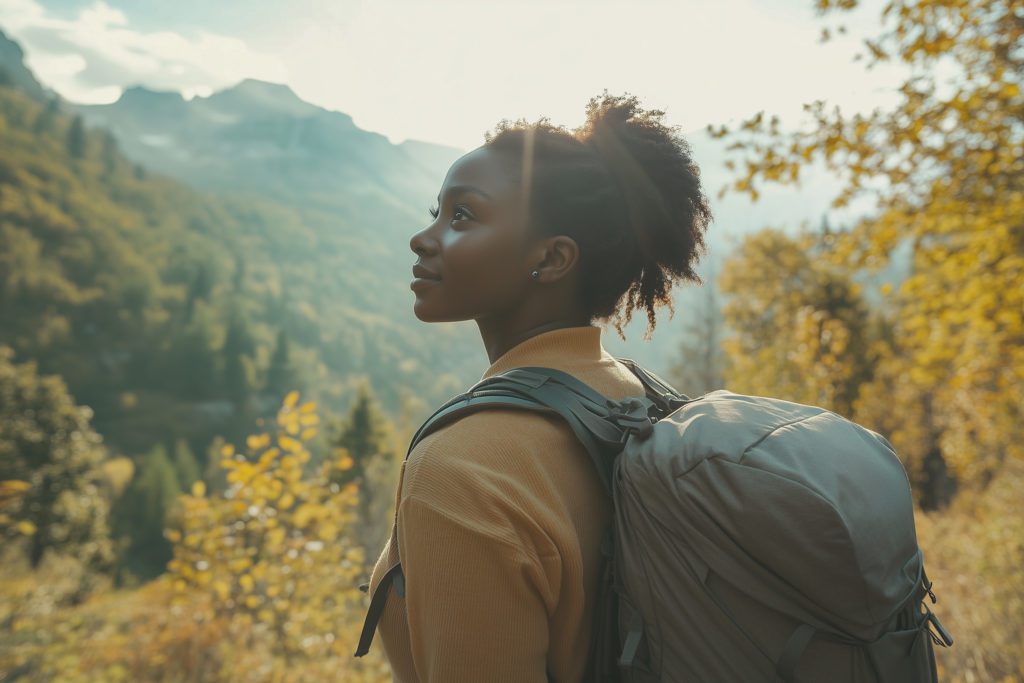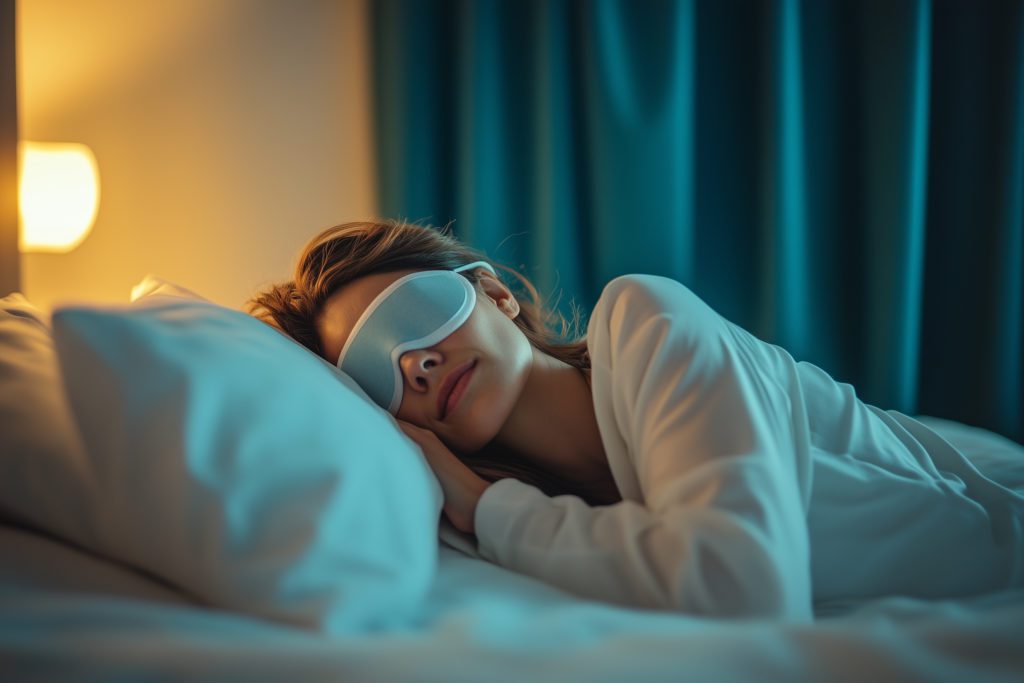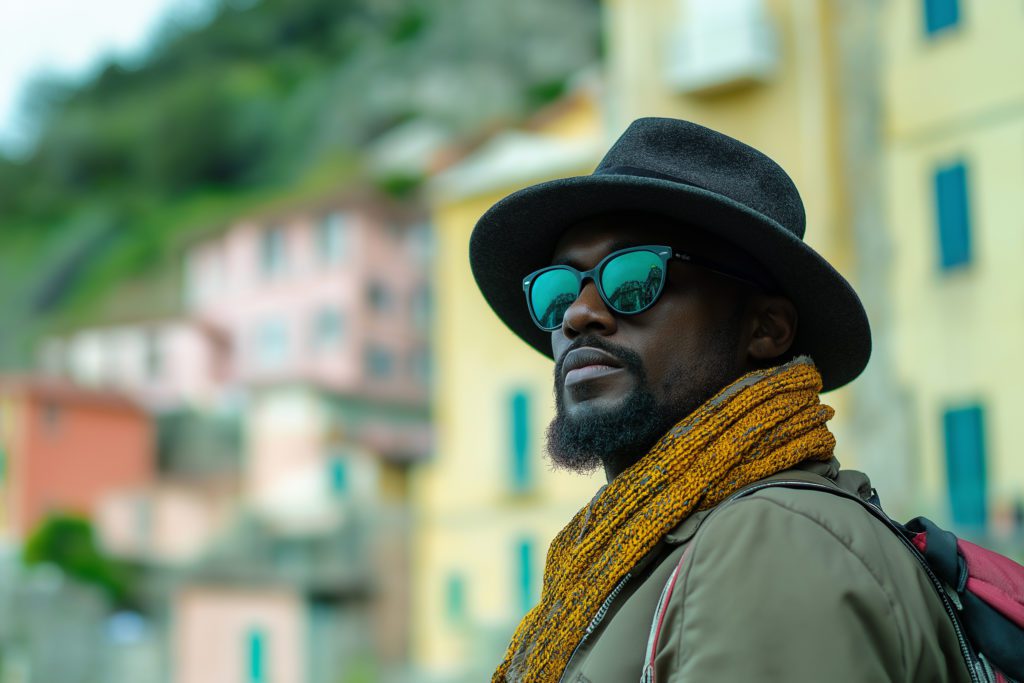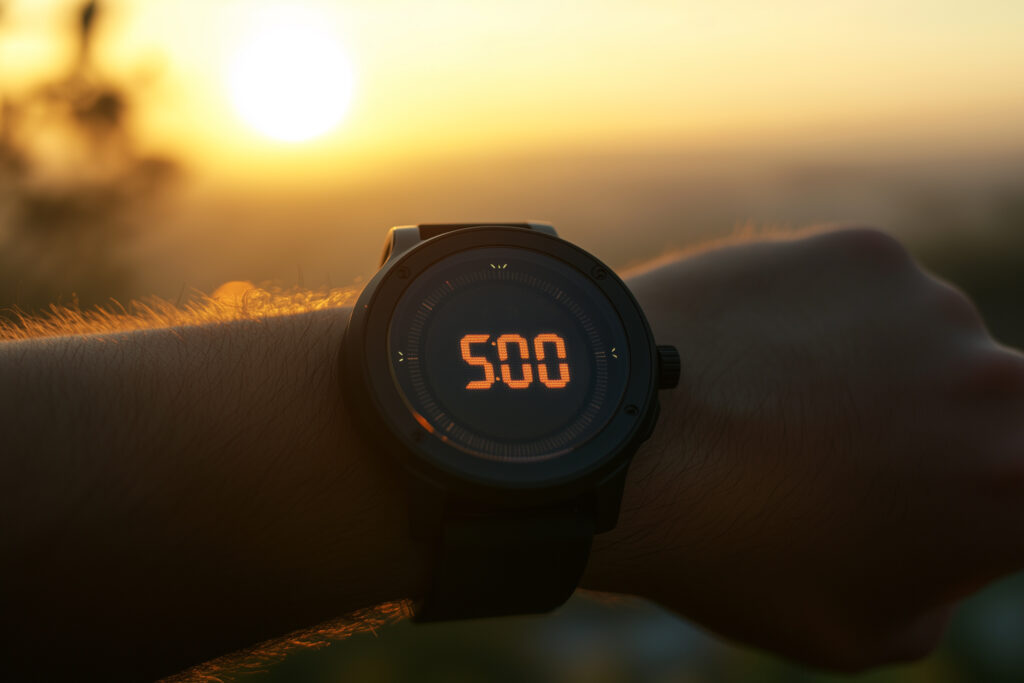
Camping and Sleep: How Sleeping Outdoors Affects Restfulness and Sleep Patterns
Camping offers a chance to reconnect with sunlight, resetting your circadian rhythm. However, camping also presents challenges that can hinder your sleep.
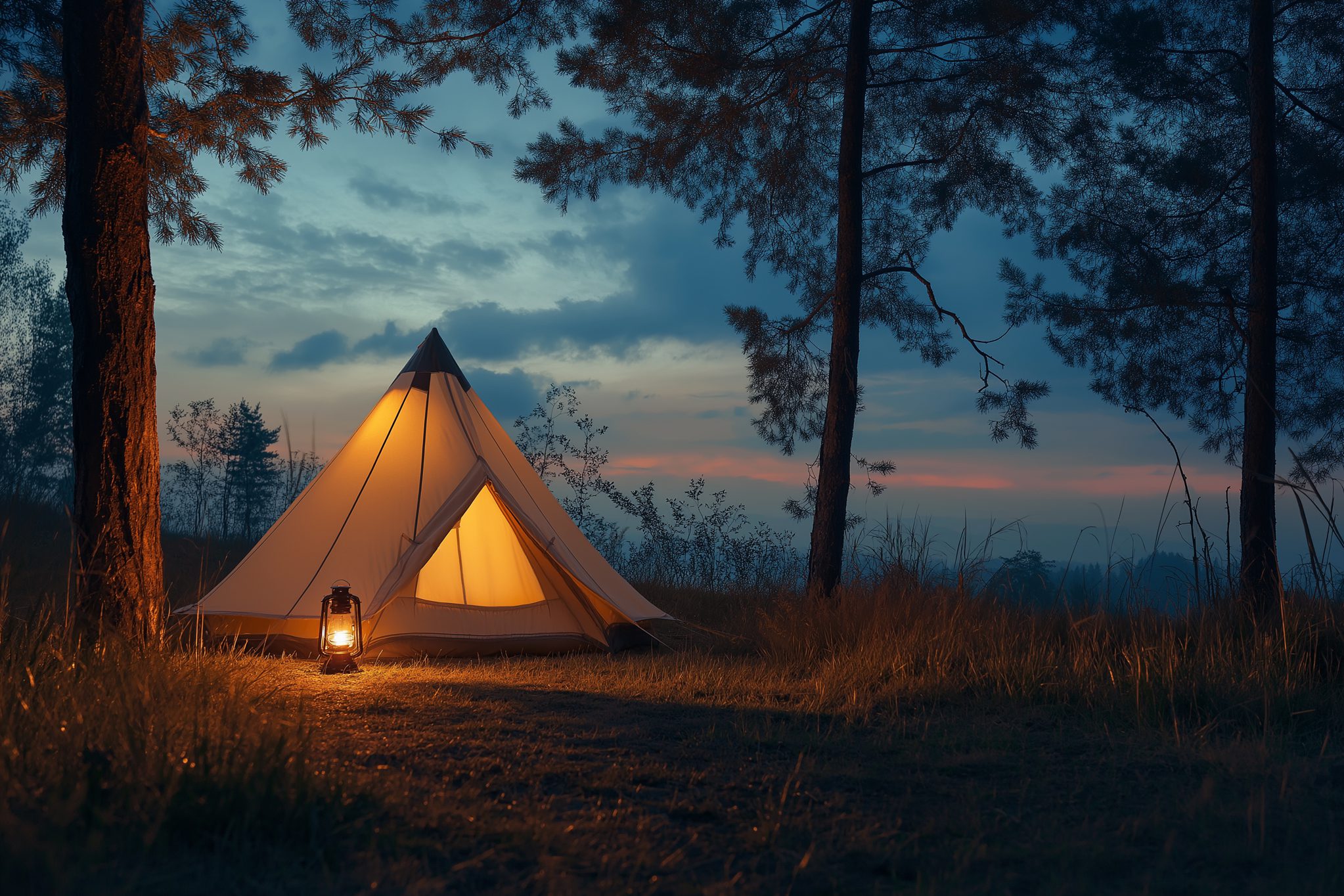
If you’re going camping, you may find that you’re able to get some of the best sleep you could imagine while sleeping outdoors. There are nature sounds to lull you to sleep and the exertion of a day spent hiking to tire you out. However, there are also challenges to remember while camping, such as the unfamiliar environment and lack of control over various variables for good sleep.
In order to unlock camping’s potential to improve your restfulness and sleep patterns, you must overcome these challenges; this first requires an understanding of how sleeping outdoors can affect your sleep, the good and the bad.
Why It’s Challenging to Sleep While Camping
If you’re struggling to sleep while camping, it’s primarily because you’re outside of your normal environment and routine. Just like you may have a hard time sleeping in a hotel or while visiting family, you can face these same challenges while camping.
Our bodies use various cues in order to prompt sleepiness and fall asleep—when you’re camping, you likely are not following the same routine before bed, which can make it hard for your body to realize that it’s time to sleep.
Additionally, camping can be full of strange sights and sounds that you’re not used to and can thus leave you on edge, not letting your mind fully relax and drift to sleep. There’s also an added element of fear—you’re sleeping in only a tent, which doesn’t offer the same level of security as the walls of your house do.
Camping can also bring variable temperatures that may be too hot or too cold for comfortable sleeping. While you can adjust your AC or heating unit in your house to get your ideal temperature, you don’t have this flexibility while sleeping outdoors.
Overall, when camping, there’s less that you’re able to control, which can cause challenges in sleeping.
The Benefits of Sleeping Outdoors
That’s not to say that there are no benefits to sleeping outdoors. In fact, camping might just be the reset your circadian rhythm needs in order to retune itself to the night/day cycle in your area. One study even found that a short weekend camping trip is enough to get your sleep-wake cycle realigned with the natural periods of lightness and darkness.
This is because one of the greatest hindrances to good sleep is artificial lighting, through two mechanisms.
First, our brain uses light and dark cues in order to prompt periods of sleep or wake. In the past, this was achieved only with the sun, but with the invention of artificial light, especially the bright light used indoors today, our brain can become confused when light extends far into the night—while the clock may say that it’s getting late, our brain doesn’t get that same cue.
When you sleep outdoors, you rely on the sunlight and, perhaps, a lantern or the glow of a fire. These lights are all warm-toned and dimmer than the bright lights our houses have, which helps to promote your regular sleep-wake cycle through significant changes in lighting between day and night.
The second influence of artificial lighting is regarding the blue light produced by electronics, such as our cell phones, computers, or gaming systems. This blue light has been shown to suppress melatonin production, which is a hormone that promotes sleepiness. When camping, it’s common to forego electronics, which can then allow melatonin to build up during the evening as expected, prompting more restful sleep.
There’s another element of camping that can help you sleep better: greater activity levels. While camping, there’s often an opportunity for outdoor activities such as hiking, fishing, kayaking, building a campfire, etc. These activities keep you active, which can help you sleep better at night.
Tips for Sleeping While Camping
If you’re going camping and want to ensure you sleep well, try out these tips:
Block Out Noise
Strange sounds can make your imagination go wild with possible threats, keeping you from falling asleep. To bypass this stress, bring along earplugs to help you sleep more soundly. You could also play music or soothing sounds, such as those available in Pillow’s sound library, to help you sleep more easily.
Prepare For the Temperature
Before your trip, check the weather conditions for your camping area. See what the temperatures are expected to be at night so that you’re prepared for how low they may dip. Even if it’s warm during the summer days, the temperatures may still be quite cool at night while you’re sleeping, so be sure you pack enough to keep you warm.
In addition to your clothing, ensure your sleeping bag is the right choice for the weather—choose one that can withstand colder temperatures or a more lightweight one designed for warmer weather.
Bring A Bit of Home with You
When you’re camping, one of the challenges with sleep is that there are a lot of unknowns surrounding you, which can keep you from sleeping well. You can help to deter this by bringing some of your home with you, such as a pillow or blanket. In addition to being comfortable, they bring with them the scent of home, which can help calm your mind and induce relaxation.
Follow Your Usual Bedtime Routine
While the setting may be different, you can still follow your usual bedtime routine, within reason. For instance, going to bed at the same time and following the same pre-bedtime steps in the same order can help to keep the regularity your circadian rhythm craves.
Prioritizing Sleep While Camping
Camping offers a chance to reconnect with sunlight and reset your circadian rhythm, allowing you to sleep more soundly during the night. However, you must keep in mind certain factors that can keep you up, such as an unfamiliar environment, strange noises, and uncontrollable outside temperatures.
When you prepare for these challenges, you allow yourself the opportunity to experience the sleep reset that camping offers as an escape from artificial lighting and stress, getting your sleeping patterns back on track.
FAQ
Can camping reset a disrupted circadian rhythm?
Yes, spending a few nights camping without artificial light can help reset a disrupted circadian rhythm. Studies show that exposure to natural daylight and darkness realigns the internal clock, making it easier to fall asleep and wake up in sync with the sun.
Is it easier to wake up naturally when sleeping outdoors?
Yes, without artificial light interference, the body naturally responds to sunrise by gradually increasing wake-promoting hormones like cortisol. This makes waking up feel more natural and refreshing compared to using alarms indoors.
What are the benefits of waking up with the sunrise?
Waking up with the sunrise helps synchronize circadian rhythms with the natural light cycle, boosting morning alertness and regulating hormones like cortisol. This can lead to improved mood, energy levels, and overall sleep quality.
Is it good to sleep with an open window?
Sleeping with your window open can be beneficial for light exposure, as it allows natural morning light to enter, helping regulate circadian rhythms. However, if exposed to artificial streetlights, it may disrupt melatonin production and affect sleep quality. Using blackout curtains while keeping airflow can help.
Do different climates affect how natural light influences sleep?
Yes, in colder or darker climates, reduced daylight exposure can lead to delayed circadian rhythms and sleep disruptions, while in sunnier climates, more daylight helps strengthen the sleep-wake cycle. Adapting to natural light patterns in each climate can help maintain good sleep hygien
Does sleeping under moonlight or starlight affect melatonin production?
Moonlight and starlight are much dimmer than artificial lights and generally do not significantly impact melatonin production. However, a bright full moon may slightly delay sleep onset for some people, especially if there is no cover from its light.

Written by
Jessica G
Medical writer freelancer who has written hundreds of articles on varying topics. Masters of Engineering degree in Biomedical Engineering.
Download Pillow
Get help
Press & News
Legal
Connect
X (Twitter)
Company
Copyright © Neybox Digital Ltd.
